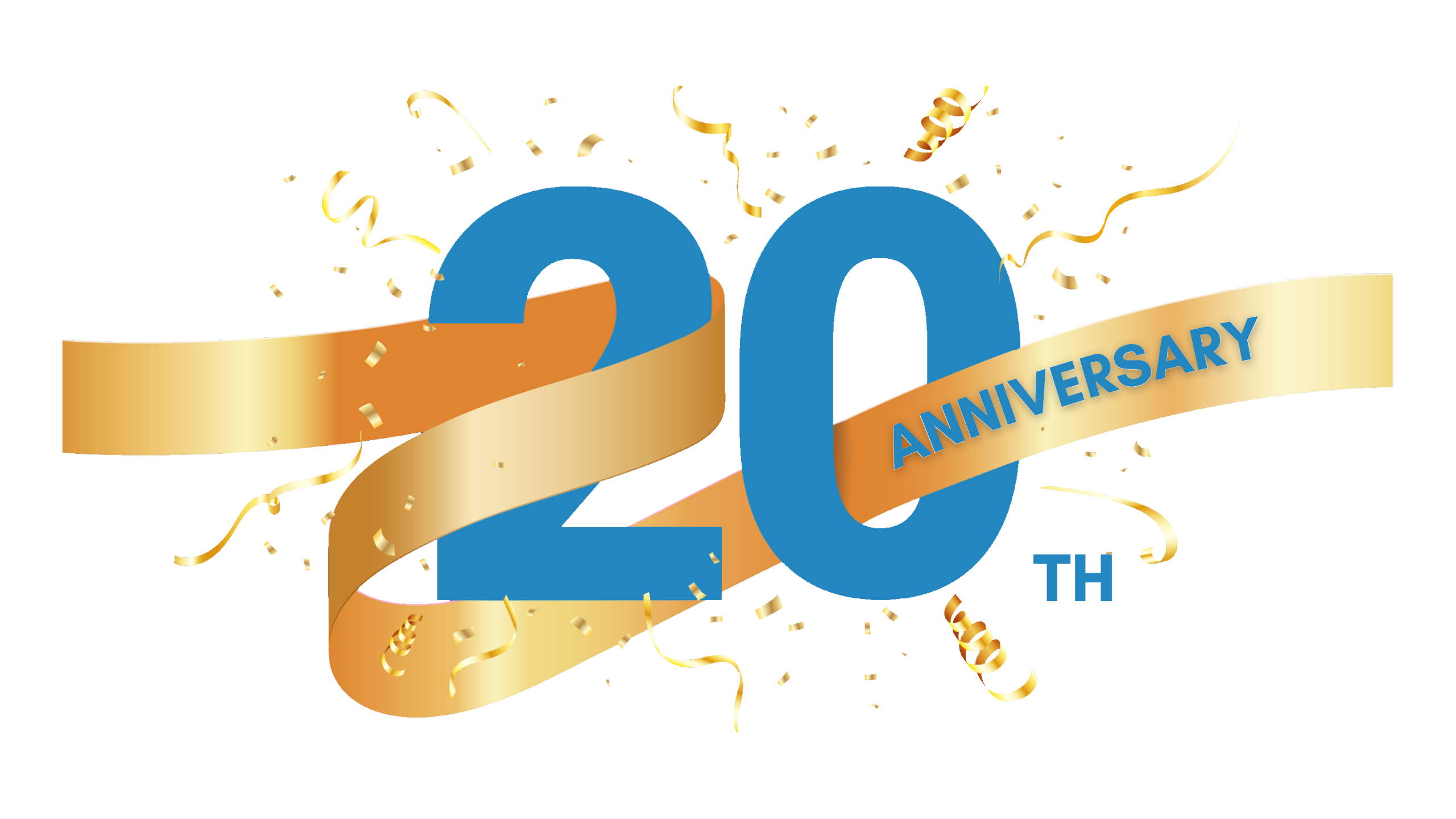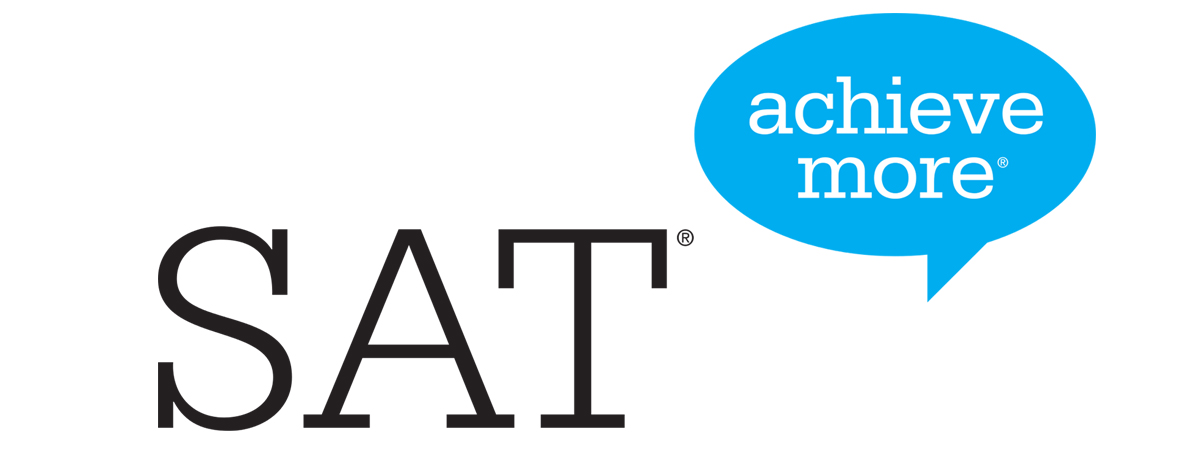* Terms and Conditions apply.



.svg.png)
The College Board has not backed down in its crusade to develop some meaningful calculation of inequality to keep the SAT relevant. It also has the audacity to believe its processed score of inequality will somehow exceed individual school’s own efforts to maintain healthily-diverse student populations. For schools, like Ivy Leagues, that already spend exhaustive human resources identifying their favorite candidates, this information is remedial. For less-discerning schools that may not invest so heavily in admissions sorting, tuition fees are likely to be the primary driver of acceptance, rather than candidate selectivity. Unless the College Board’s adversity metric will also couple with Federal financial aid to help those from disadvantaged backgrounds, this coming change to the SAT is likely to have no impact.
Let’s not be mistaken. Good faith efforts to account for the varying circumstances students face can have a positive effect on social equity. Each university’s emphasis on equality must come from within. These universities will already have the same raw data that the College Board will provide as supplement: city data, education levels, crime rates, community income distributions. It is for the universities to decide how this data is relevant. If they are lazy and simply take the College Board’s processed score, then we will see the lackadaisical homogenization of student bodies. Diversity of thought comes from much more than just diversity of background.